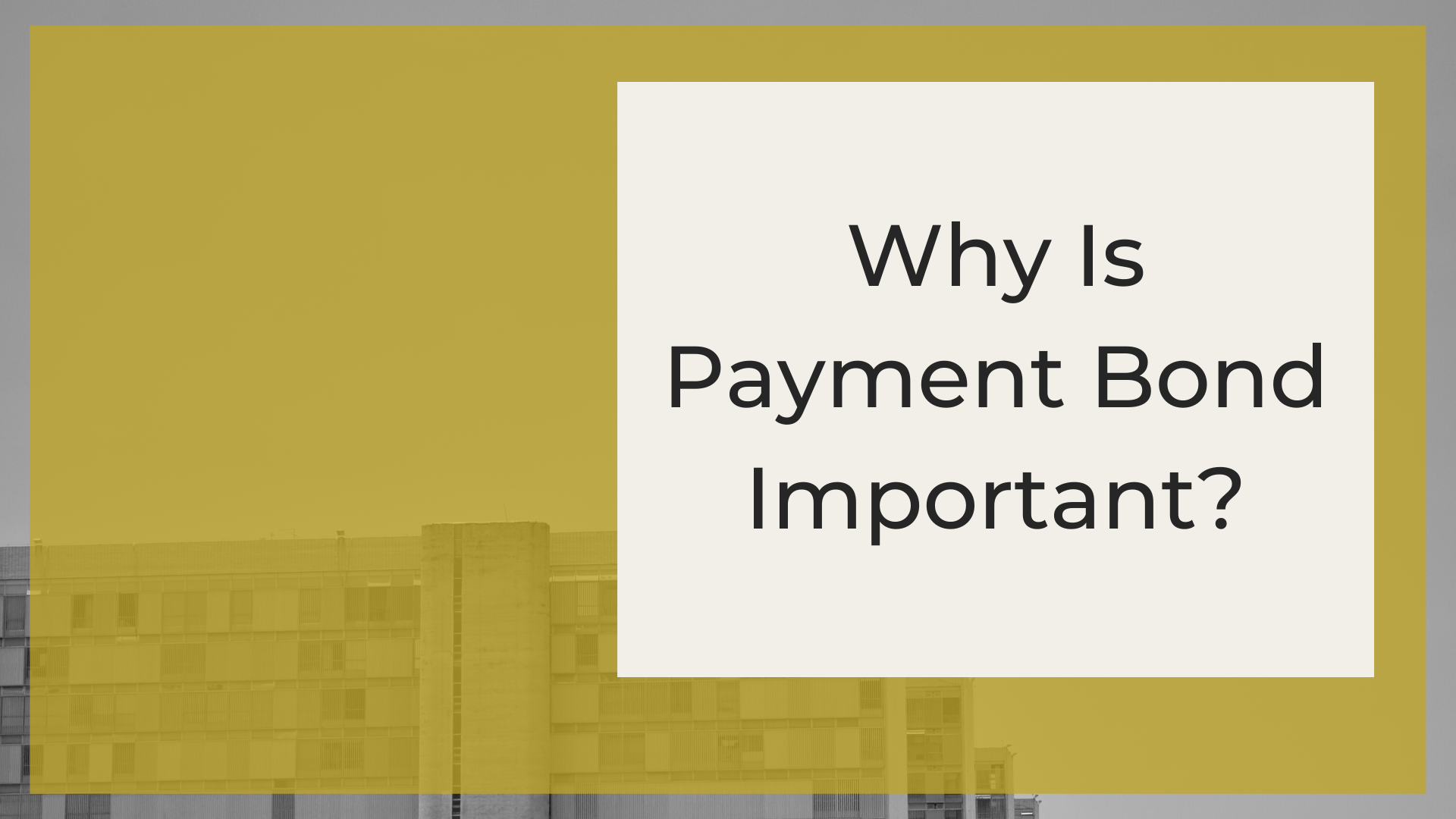Is obtaining a surety bond risky?
Surety bonds are a type of insurance that businesses can purchase to protect themselves from potential financial losses. When you obtain a surety bond, you’re essentially asking someone else to guarantee your business’ financial stability in the event that something goes wrong.
While surety bonds can offer peace of mind, they can also be risky. If your business fails to meet its obligations under the bond agreement, you could be responsible for paying out damages or other costs. As such, it’s important to weigh the pros and cons of obtaining a surety bond before making a decision.
If you’re thinking about purchasing a surety bond, be sure to consult with an experienced insurance broker who can help you find the right policy for your business.
Are surety bonds safe?
You might be wondering if surety bonds are safe. After all, they do require you to put up collateral in order to get one. However, surety bonds are actually a very safe way to ensure that your business is protected.
If you default on your obligations, the surety company will step in and cover the costs. This means that you will not have to worry about losing any money or assets if something goes wrong. Surety bonds are a great way to protect your business and give yourself peace of mind.
Will I get my money returned if I don’t use the surety bond?
No, you will not get your money returned if you don’t use the surety bond. The purpose of a surety bond is to provide security in the event that the principal (the person or company who purchases the bond) fails to meet their contractual obligations. If you do not use the bond, you are essentially forfeiting that security.
It’s important to note that surety bonds are not insurance products. Insurance protects the policyholder from losses, while surety bonds protect the obligee (the person or entity who requires the bond) from losses. As such, if you don’t use the bond, there is no one to file a claim against and no compensation will be paid out.
If you have any further questions about surety bonds or how they work, please contact a bonding company or agent for more information.
What happens if a corporation refuses to honor my surety bond?
If a corporation refuses to honour your surety bond, you may be able to file a claim against the bond. This will allow you to recover any damages that you have incurred as a result of the company’s refusal to honor the bond.
Additionally, you may also be able to seek punitive damages from the company. Punitive damages are designed to punish the company for its actions and deter future similar conduct. If you are successful in your claim, the court may order the company to pay your attorney’s fees and costs.
When you purchase a surety bond, you are essentially purchasing insurance that protects you from certain financial losses that may occur as a result of another party’s actions. If the company that issued your bond refuses to honor the bond, you may be able to file a claim against the bond in order to recover any damages that you have incurred.
Is a surety bond considered a kind of security?
A surety bond is a type of security that is used to guarantee the performance of a contract or the payment of a debt. When you purchase a surety bond, you are essentially putting up money as collateral in case the person or company you are bonding with commits fraud or fails to live up to their obligations.
While there is no definitive answer, many people consider surety bonds to be a kind of security. This is because they share many similarities with other types of securities, such as stocks and bonds. Surety bonds offer investors some protection against financial losses, and they can be traded on the open market just like other securities.
If you are unsure whether or not a surety bond is considered a security, it is always best to consult with a financial advisor or attorney. They will be able to help you understand the risks and benefits associated with this type of investment.





